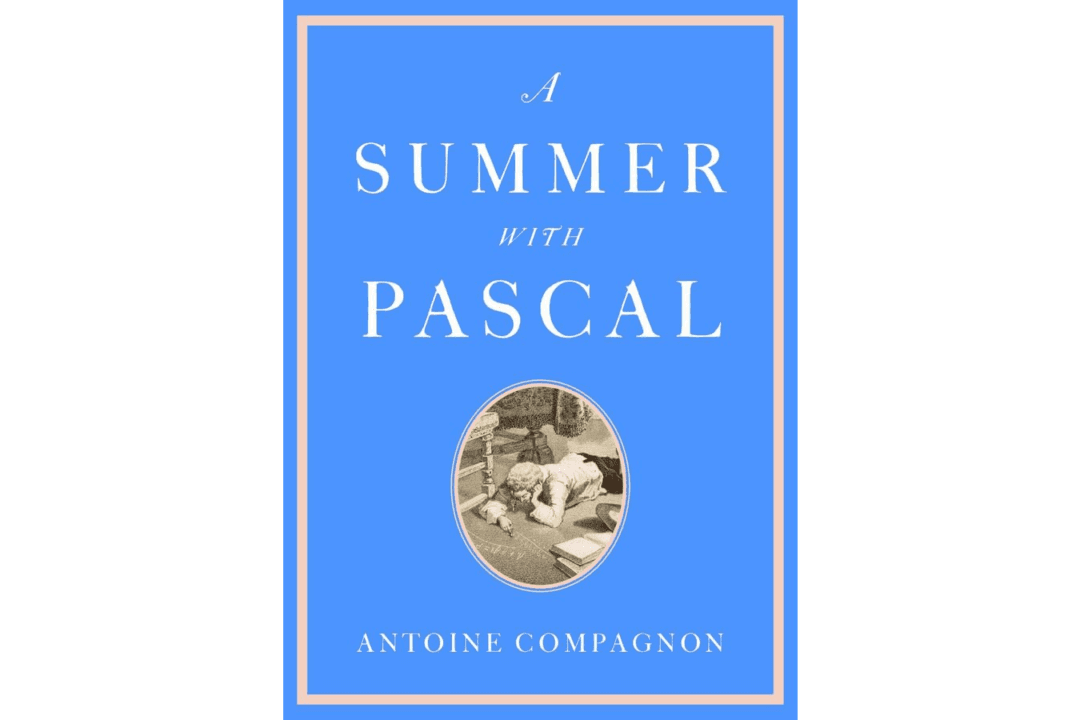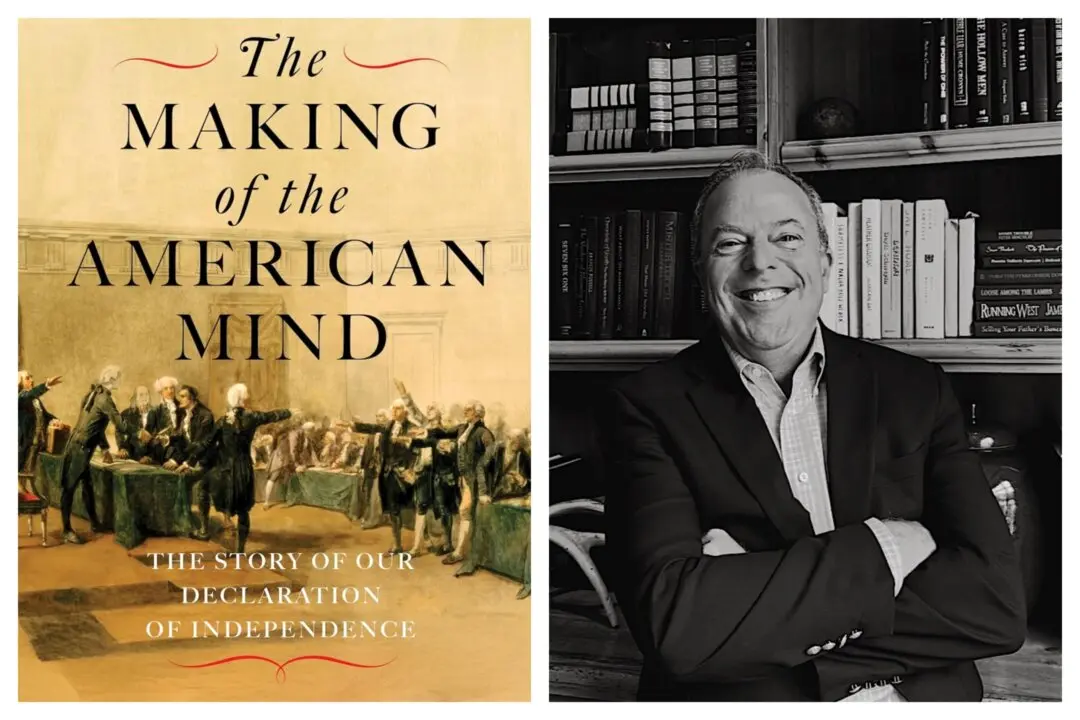Blaise Pascal, the French mathematician and Catholic philosopher, is a familiar name, and it’s a name typically associated with what’s called “Pascal’s Wager.”
The wager is a theological or, at least, a metaphysical one. Pascal wrote in his work “Pensées” that it would be wiser to believe in God than to not, whether or not God actually exists. “Let’s weigh the gain, and the loss in making the choice that God exists,” he wrote. “Let’s assess these two cases: if you win, you win everything; if you lose, you lose nothing. Bet, then, that he exists, without hesitation!”






